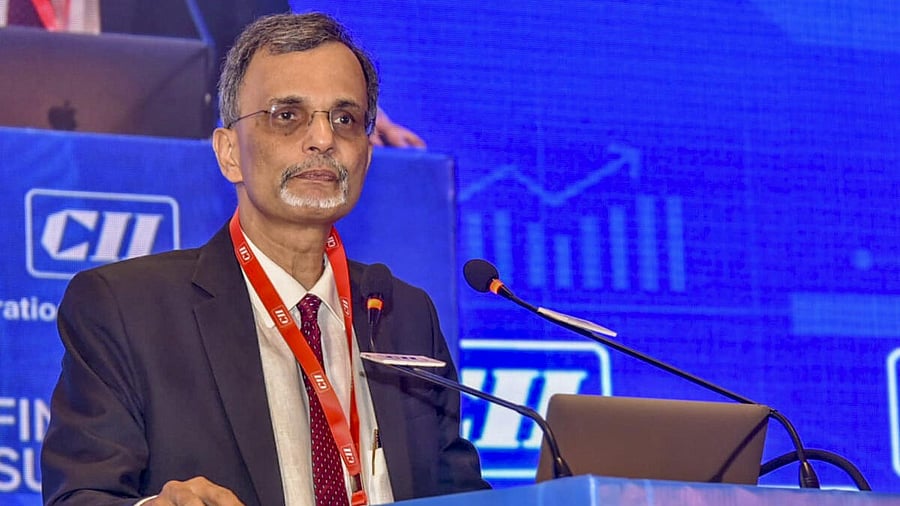
Chief Economic Advisor V. Anantha Nageswaran
Credit: PTI File Photo
New Delhi: Amid a surge in the valuation of cryptocurrencies following the victory of Donald Trump in the US presidential election, India’s Chief Economic Advisor V Anantha Nageswaran on Wednesday said regulators should not come in the way of innovations, including in sectors like cryptocurrency and online gaming.
“In India, where there is extensive financial illiteracy, regulators need to distinguish between not standing in the way of moonshots and identifying sectors where we need to be more conscious of social costs and benefits, whether it is crypto, bitcoins, or online gaming,” Nageswaran said at an event organised by the Confederation of Indian Industry (CII).
There has been a sharp rally in the valuation of Bitcoin and other crypto assets following the outcome of the US presidential election. Trump, who was once a crypto skeptic, is now seen as a big fan and supporter of the virtual digital currency. The US president-elect has pledged to make the US “the crypto capital of the planet”.
In India, the regulation of cryptocurrency is a grey area. While the government did bring out a draft bill to regulate the sector in 2021, it was never tabled in Parliament. They are not recognised as legal tender, but can be traded like any other asset, and are taxed. In 2018, the Reserve Bank of India had banned cryptocurrencies.
However, the central bank’s decision was overturned by the Supreme Court in 2020.
At the event, Nageswaran underscored the need to differentiate between regulation of financial and non-financial sectors.
“In non-financial sectors, excepting natural monopolies or utilities where you have to have a regulator to protect customer interest, you can expect competition to take care of much of the roles that regulators are expected to perform. So as long as you create a competitive environment as close to the theoretical perfect competition, then you are fine,” Nageswaran said.
“In the financial sector, competition sometimes leads to excessive risk taking and can be a source of instability rather than stability, which is not the case for non-financial sectors. And the manifestation or climaxing of that was the 2008 global financial crisis,” he added.
Nageswaran also underlined the need for greater transparency and accountability in the functioning of regulators. “Regulators have to be conscious of the limits of their unelected power. By definition, unelected powers are not held as accountable as elected powers are. So they have to impose it upon themselves,” he said.